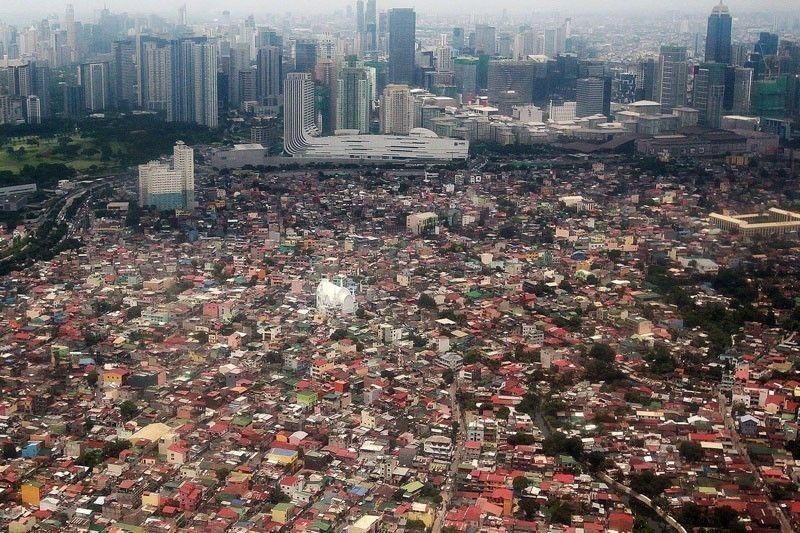Climate change impact hikes reinsurance cost

MANILA, Philippines — The Philippines is seeing a 50 percent surge in the cost of reinsurance amid increased risk to natural calamities as climate change worsens, making non-life insurance products more expensive.
In a briefing yesterday, officials of Malayan Insurance Co. Inc. said premiums for non-life insurance products have been rising largely due to hardening reinsurance rate and poor risk rating of the Philippines.
It should be noted that reinsurance coverage keeps companies solvent and operational despite paying for large losses. It is the largest component in every insurance product.
Malayan senior vice president and chief underwriting officer Eden Tesoro said the cost of reinsurance has gone up by 50 percent this year, especially for catastrophe-exposed countries like the Philippines. Also factored in are the impacts of the pandemic and global tensions that drove prices up.
“Reinsurers have done mainly two things: withdraw from the market or continue to give support but at a limited amount,” Tesoro said.
“Now, they have priced it much more than what it was before. And when you have a key ingredient that increases its cost, that also increases the price of non-life products,” she said.
For instance, an individual that has a house insured is now paying a premium of P3,798.63, up from P2,532.42 previously.
Tesoro explained that over the past three decades, the industry can get away with a limited increase, sometimes even zero, but this has now jumped significantly.
This, as reinsurers globally tend to recover not only from a certain region, but across all areas of operations.
The Philippines topping the World Risk Index 2022 in terms of risk from natural calamities and conflict also has a negative impact on how global reinsurers price Philippine risks.
Tesoro emphasized that such an increase would likely stay the same for another year as reinsurers do not just look at past instances, but are pricing for exposure and potential hit.
“These things do not change overnight and would likely stick for a while,” Tesoro said.
As such, the non-life insurance sector are losing clients given more expensive premiums, with the retail segment the first to be eroded, such as household and personal insurance being the most price sensitive.
Tesoro said adding to the challenge is the burden of coping with various national and local government taxes and fees, such as value-added tax, documentary stamp tax, and other service taxes, among others.
The Insurance Commission and the private sector are now reviewing the insurance tax system to make it more reasonable.
“We are not saying that we should not be taxed. But to review where we are if we compare ourselves to our Southeast Asian peers,” Tesoro said.
The insurance sector is currently slapped with about 24 to 25 percent in combined taxes as compared to the seven to 12 percent in neighboring economies.
Further, Tesoro is looking at a further decline in the share of the sector to the country’s gross domestic product (GDP) as products become more expensive.
Currently, insurance penetration of the sector is at 1.75 percent of GDP. Of that, less than 0.5 percent is accounted for in the non-life segment.
A member of the Yuchengco Group of Companies, Malayan is authorized to underwrite the following: aviation, engineering, fire, property, marine, miscellaneous casualty, motorcar, personal accident, travel insurance, and surety bonds.
- Latest
- Trending


























